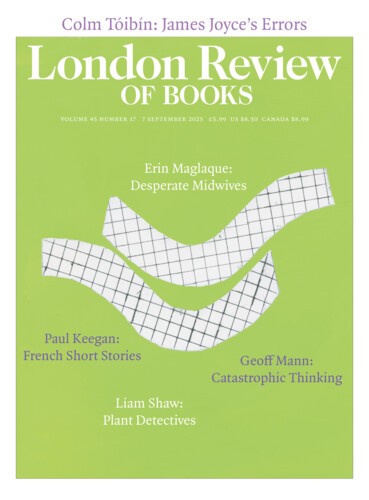Leader of the Martians: J.L. Austin’s War
Thomas Nagel, 7 September 2023
Among philosophers of the 20th century, John Langshaw Austin is not a cultural celebrity like Heidegger, Russell, Sartre or Wittgenstein. But for a period after the Second World War, he was the leading figure of the school of ordinary language philosophy that dominated Oxford, achieved substantial influence in the wider Anglophone world and left its stamp for a much longer time on the way...




